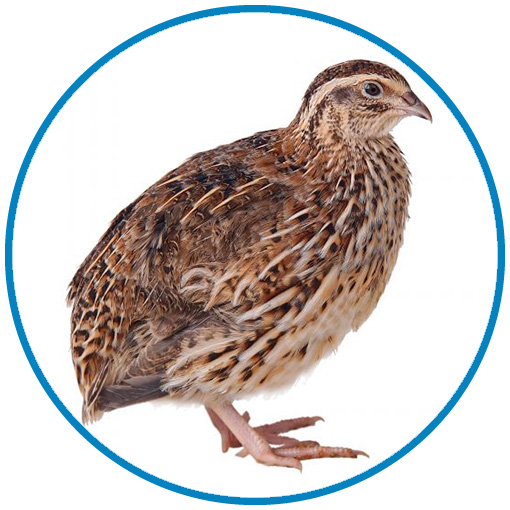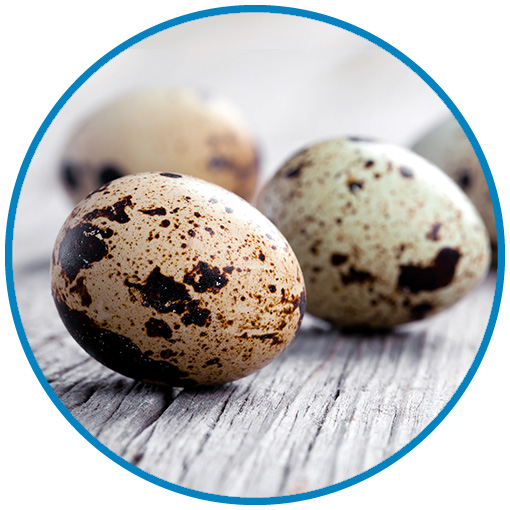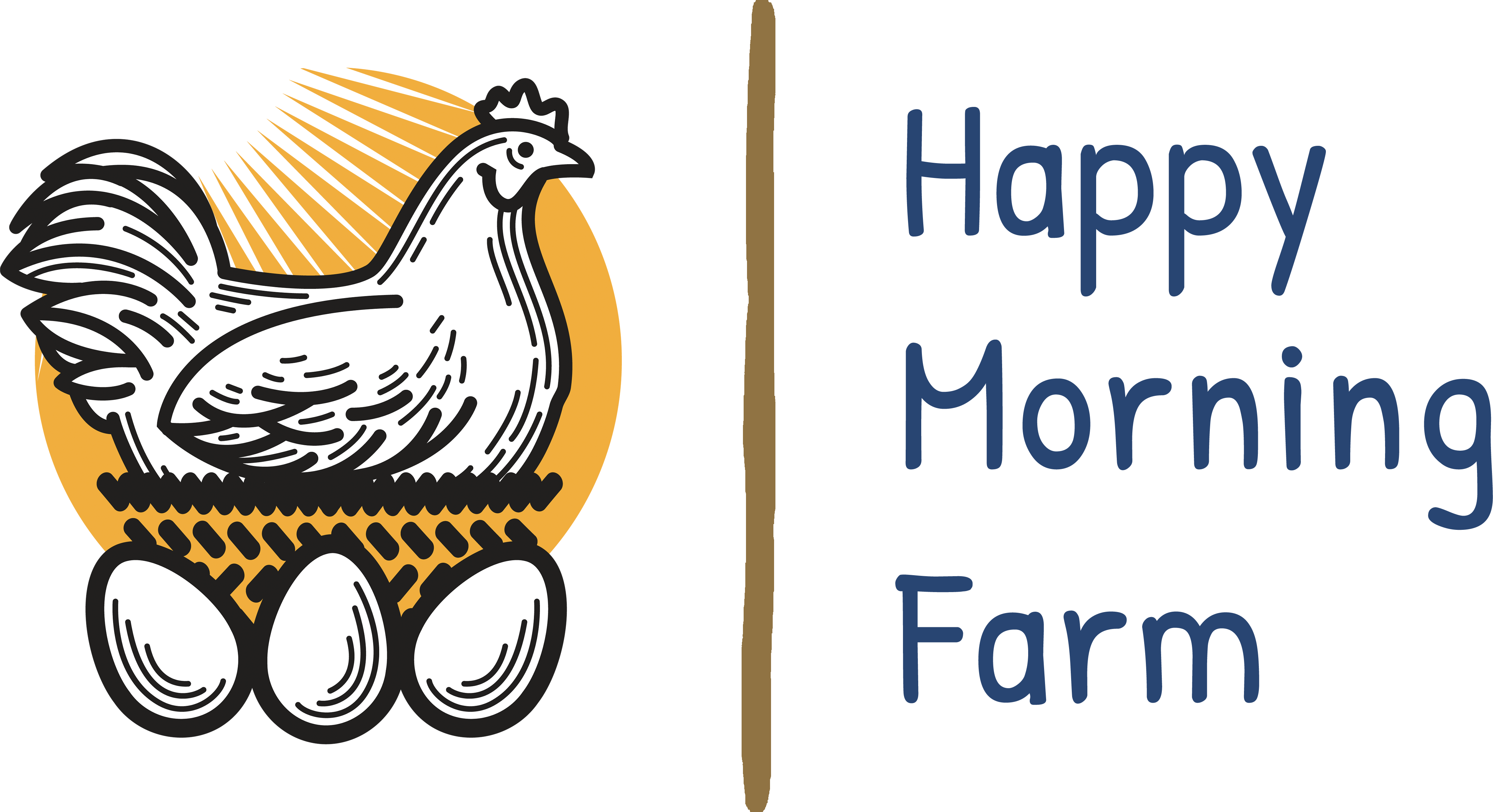Quail Eggs 101
 Well, they say owning chickens is the ‘gateway drug’ to wanting more farm animals. Well we’ve got Quail now too, so I guess they were right! Haha!!!
Well, they say owning chickens is the ‘gateway drug’ to wanting more farm animals. Well we’ve got Quail now too, so I guess they were right! Haha!!!
Quail are a type of wild game bird known for their small and extremely healthy eggs, as well as their meat. Found nearly everywhere on earth, there are over a hundred species of quail worldwide. The breed that we have are a type of Coturnix Quail, known as Jumbo Japanese or Jumbo Wild Quail, Coturnix japonica, which are the most common type raised commercially and in backyard flocks.
Quail Eggs: Tiny but Mighty
Quail eggs are small, so three to four of them roughly equate to the serving size of one chicken egg. Regardless of their size, they’re loaded with vitamins, minerals, high-quality protein, good fats and various other lesser-known nutrients. For being so small, these eggs are surprisingly rich in nutrients.
It makes sense — the nutrients in each one are enough to turn a single fertilized cell into an entire baby quail!

Here’s a quick rundown why they’re so healthy!
- Low in calories, but super filling. — A single quail egg is roughly 15 calories, yet because of healthy fat and complete protein content, they’re exceptionally filling. Quail eggs contain more fat and protein by weight, double the iron and riboflavin, and about one-third more vitamin B12 than chicken eggs.
- Loaded with nutrients. — Because quail eggs have a higher yolk-to-white ratio than chicken eggs, they have more nutrients by weight, as almost all of the nutrients are contained in the yolk — the white is mostly protein. Selenium and riboflavin are important nutrients that help your body break down the food you eat and transform it into energy. Selenium also helps with healthy thyroid function. Meanwhile, vitamin B12 and iron promote healthy nervous system function and help maintain optimal energy levels through their roles in red blood cell formation.
- Packed with protein. — Proteins are the building blocks of the body, helping us grow and regenerate cells and function every day. Proteins are made up of amino acids that are linked together — sort of like beads on a string that are then folded into complex shapes. There are nine amino acids that the body can’t create itself and so you have to get them from your diet — these are considered “essential” amino acids. You can measure the quality of a protein source based on how many of these essential amino acids it has. And you’re in luck — quail eggs, like chicken eggs, are among the best sources of protein available, with multiple essential amino acids!
- Filled with unique antioxidants. — Quail eggs are rich in nutrients and full of health-promoting antioxidants that may help reverse cellular damage and treat allergy symptoms. They also contain powerful brain nutrients that many people are deficient in. One of these is choline, which is vital to helping your body make acetylcholine, a neurotransmitter that sends messages from your nervous system to your muscles.
Whether it’s a chicken or a quail egg, they’re both so nutritious that some people refer to them as “nature’s multivitamin.”
How long do fresh quail eggs stay fresh?
The best way to keep your cute li’l quail eggs fresh is to pop them into the fridge as soon as you get home… but make sure you don’t wash them! Washing will remove the protective “bloom” that keeps bacteria from penetrating the shell.
Once in the fridge, they’ll keep for up to six weeks (see the “collected on” date on the package). If you’re not sure how long they’ve been in the fridge, you’ll need to test them since you can’t really tell if they’re good or not just by looking at them (even “bad” quail eggs are adorable!).
You’ll need to give your eggs the “float test”.
The test is simple. Put some cold water in a deep bowl and gently drop the eggs into the water. If they sink, they’re good to eat. If they float, shed a few tears and toss ‘em.
